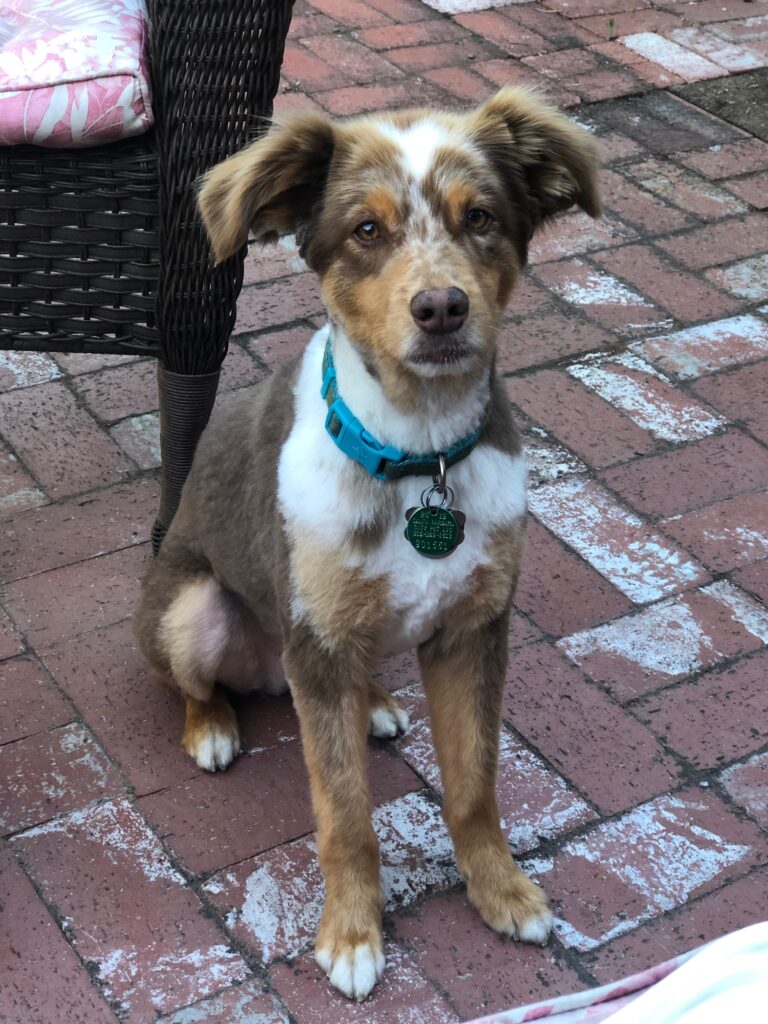Study Settles One Part of Age-Old Debate
You may not like it. Heck, you may not even contribute to it. But in today’s America, you simply can’t escape it: Most of our citizens shake out into two diametrically opposed camps and seem to be constantly squaring off — often neighbor against neighbor, even — squabbling through the same old debate with clenched fists, raised voices and closed minds, dismissing one another’s points of view as so much flapjaw hogwash.
I’m referring, of course, to our nation’s flawed but abiding two-pet system — and I ain’t talking donkeys and elephants.
For perhaps centuries, animal lovers have fought like cats and dogs over which is the better pet: the domesticated hound or the common housecat. Now, at long last (it’s been, like, millennia in dog years), a study finally settles one aspect of the quarrel: Dog owners are just happier than cat owners.
A survey by the respected General Social Survey revealed that 36 percent of people who own only dogs described themselves as “very happy” — while just 18 percent of folks who have only cats could say the same.
Now, I’ve never had a cat, and I’m not a huge fan of those I’ve met. But one has to wonder if the survey reveals causation or merely correlation. In other words: Are feline fans the sort of folks who secretly feel they deserve to be snubbed by aloof, spooky-eyed assassins — or do the cats make them unhappy?
My cat-owning friends say their sleek little executioners bring them the carcasses of lizards, mice, birds, and even (stop it!) baby bunnies in various states of mutilation — or alive, maimed and terrified — and present them as “gifts.” Look, those people don’t have a real shot at happiness. Any animal that lacks the EQ to pick up on the cue, “Oh, god — NO! OH, MY GOD! GET IT OUT OF HERE! JESUS!” should be immediately reclassified as a non-pet and lured quickly out the back door with rare meat or live bait or whatever it takes.
I asked a clinical psychologist for some insight. “Dogs are more likely to make and hold eye contact than cats,” said Marilyn Freimuth from Fielding Graduate University here in town, “and eye contact increases oxytocin. This is the hormone related to feeling good, getting high, mother’s breastfeeding.” In other words, you’d be happy, too, if you were hopped up on puppy gaze.
Local therapist Kjell Rudestam had another theory: “There’s evidence that relationships contribute to our overall well-being,” he said, “and dogs have many ways of feeding that need, e.g., their dependence on us, the way they help us initiate relationships (a great way to meet people is to take your dog for a walk!), the way they seem to sense and relate to our emotional needs.” Plus, he points out, the greater variety of dog breeds and temperaments allows owners to find a match that suits their own personalities and lifestyles.
I’ve learned that cats are much easier pets than dogs: They’re quieter and cleaner. They eat less and live longer. And whereas dogs are shamelessly needy love-grubbers, cats can be cool loners. But … I wonder if being needed by a fiercely loyal pack animal gives us dog folks an undeniable sense of purpose that ultimately feeds our bliss.
With that said, it might very well be cats’ ease-of-ownership that makes them appealing pets for folks who are already struggling through life in the “not very happy” category. Also, previous studies have shown that cat owners tend to be more introverted or reserved than dog owners — so perhaps they’re simply less inclined to effuse to strangers that they’re “very happy!” on a pet survey.
It turns out there are more pet cats (94 million) in the United States than dogs (90 million), which may explain why we’re such a grumpy nation. But do you know what animal more Americans call a pet than either of these two furry would-be favorites?
Uncuddly, non-companiony, not-even-carcass-gifty freshwater fish (140 million!). Survey says: “Very sad.”
